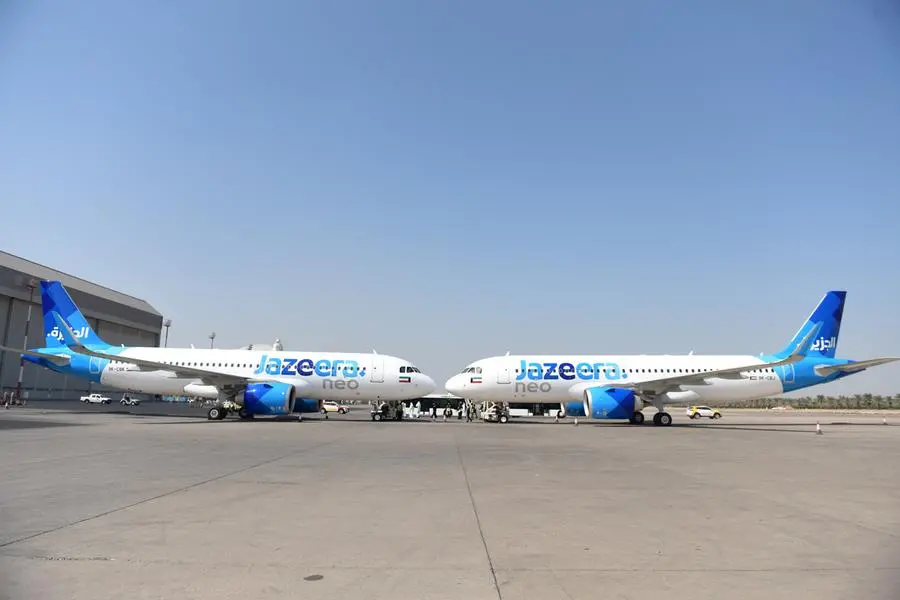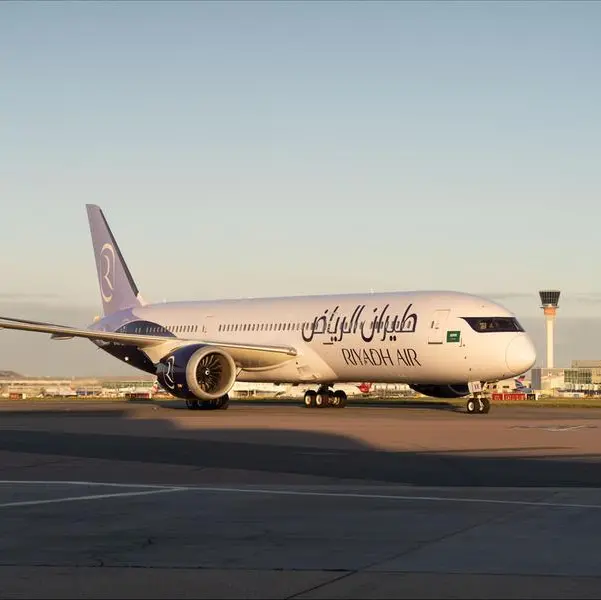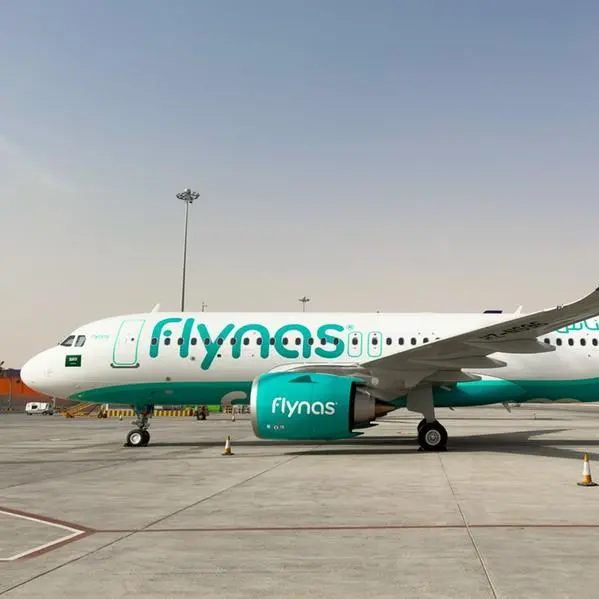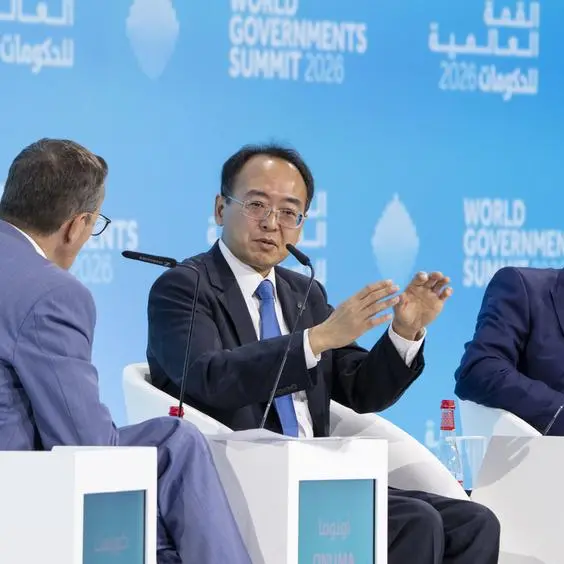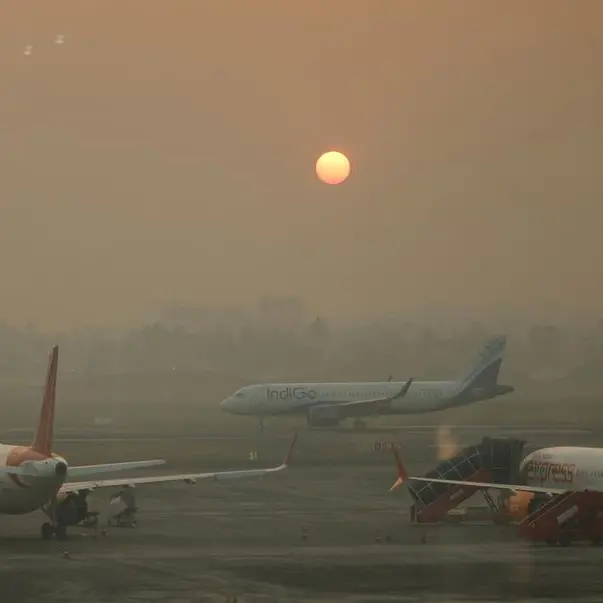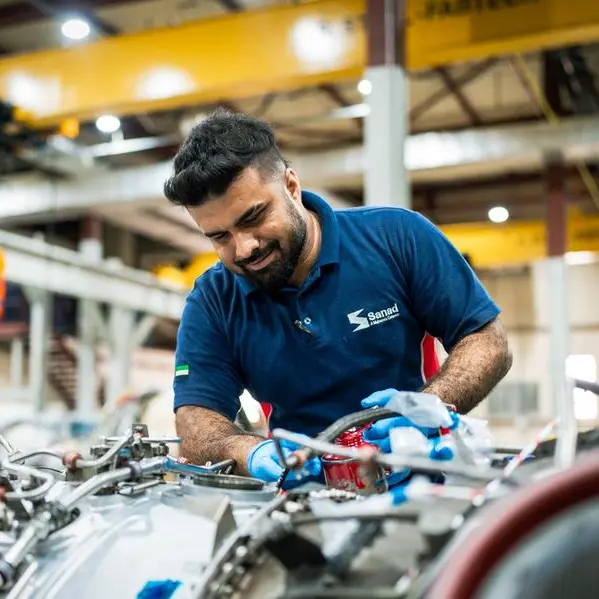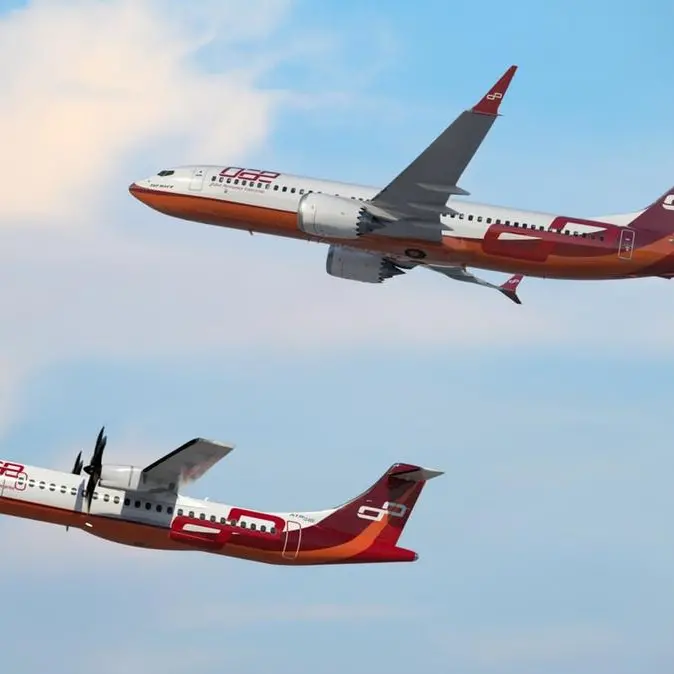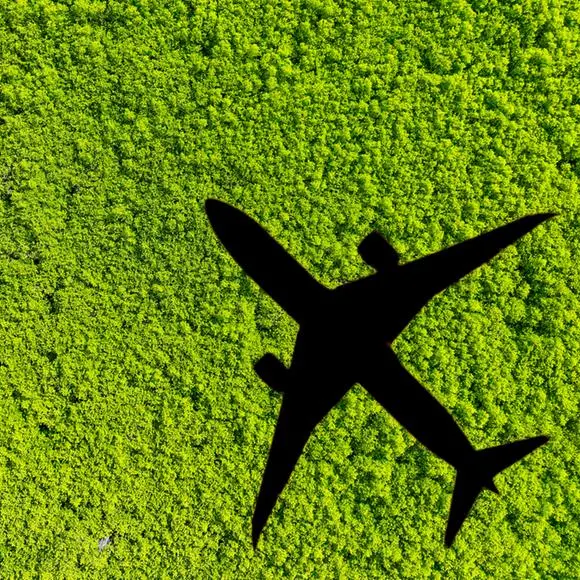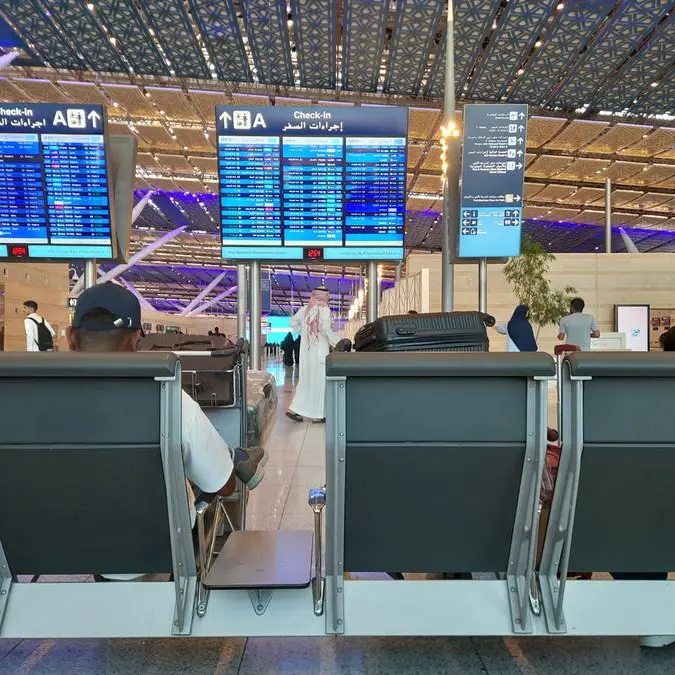PHOTO
Earlier this year, the IATA’s semi-annual report presented a humble financial forecast for the next two years for the airlines industry, still in recovery from the pandemic but also facing systemic challenges such as the war in Europe and climate change. The overall trend has been to heavily reduce costs. For Rohit Ramachandran, CEO of Kuwait-based Jazeera Airways, this has always been second nature to budget airlines. Budget airlines should therefore stick to their cost structures, no matter the economic situation, Ramachandran told Zawya in an exclusive Q&A.
In the EU, even under the current geopolitical and economic circumstances, we have seen budget airlines bounce back with resilient revenue models. How has it been for Jazeera?
Jazeera is actually quite true to the LCC [low-cost carrier] business model and we are quite disciplined when it comes to cost control. We just focus on getting people from one place to the other at the lowest cost possible, and since we already have a tight control on our cost structures, we are able to generate good financial results even in times of adversity when compared to full-service carriers. This is why, over the last two decades, budget airlines have consistently turned out to be the most profitable airlines in the world.
If we look at our fleet size, we only have around 20 airplanes now but have one of the highest profit margins in the industry, and that’s because we are fanatical about costs. Every single cost item is scrutinised and tested. We also have a balanced network, so within a 5-hour time range we fly to a lot of places such as Egypt and Turkey or India and Bangladesh, and our CIS network base is also quite strong, making it our second largest point of sale after Kuwait. It also helps that we have a stable home base in Kuwait, where the economy is not seriously affected by inflation or currency fluctuations.
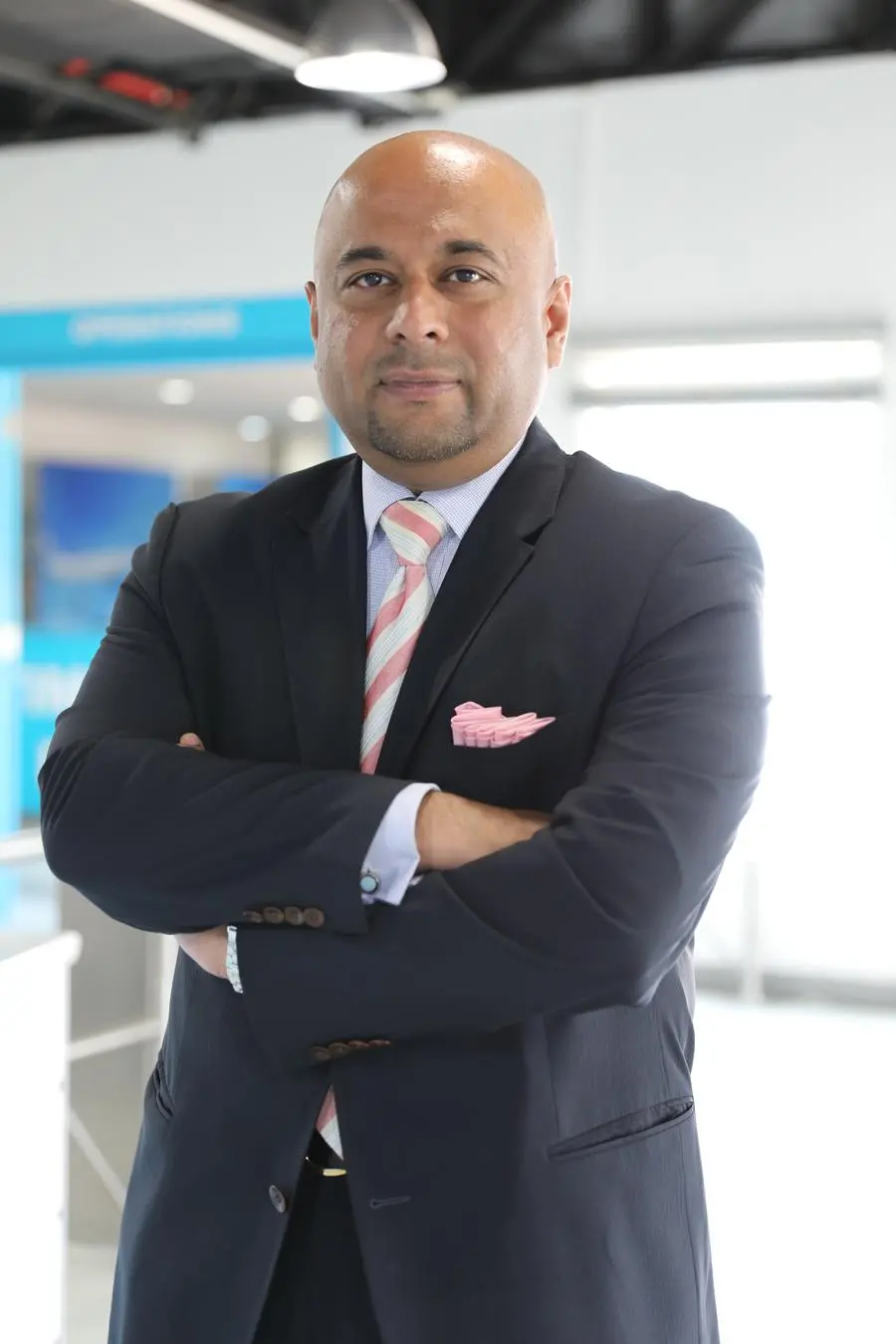

How are you managing fuel costs amidst price fluctuations?
The cost of aviation fuel has been a matter of concern for all airlines. Normally the cost of crude oil which in our case is Brent is directly proportional to aviation fuel and closely linked for the last three or four decades, and they move together with a $8–$10 differential. This year we saw that the delta grew by over $40 to $50, which has been unprecedented, so only those airlines that had a fanatical control over costs could thrive. Our Q3 results published a week ago, [showing] an excess of KD 21 million net profit, are a testament that even in these adverse situations we can have record profits. It helps that our balance sheet has virtually no debt and has just about KD 55 million as cash, and our investors are happy as we started with a capital of about KD 20 million and have already paid back around KD 90 million as dividends.
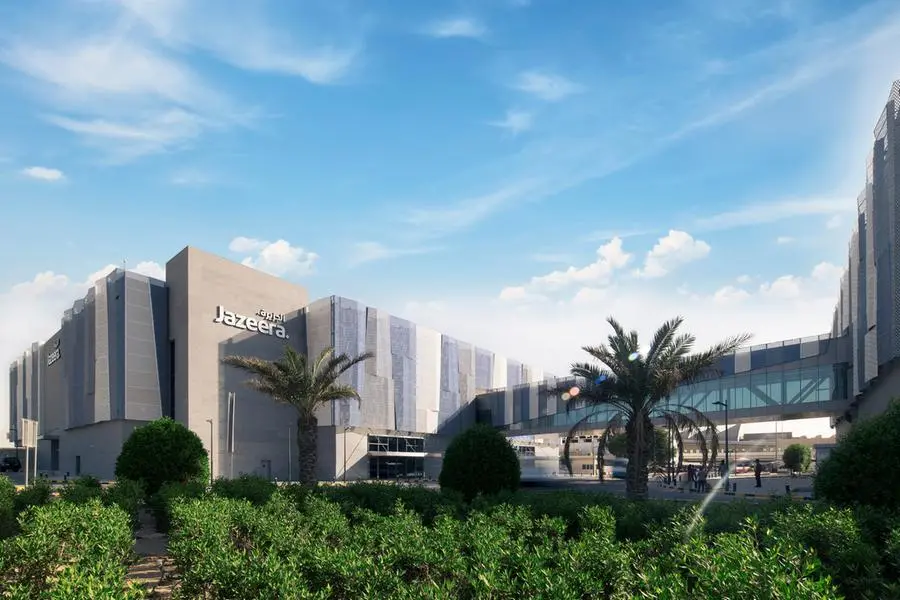

What about route expansion plans? Would you continue to stick to the low-cost medium-haul formula?
We don’t believe that airlines should be run as symbols of power but rather as good, sound businesses. As a budget airline, we are quite clear that we would never venture into the wide-bodied fleet space. Also, for every new route, we justify its existence and not just because it looks good on our network map. Our focus has been consistently centred on stable operating standards and net profits.
One of our biggest areas of expansion has been to the KSA. Jazeera currently flies to eight cities in the KSA, and in the next three months we plan to fly to three additional cities in the Kingdom. We operate 11 flights for Umrah daily, making us probably one of the largest Umrah operators to the KSA. A large number of our routes today are to second- and third-tier cities in Central Asia that are very profitable, such as Osh in Kyrgystan. We will be launching flights soon to Turkistan in Kazakhstan as it has potential for Umrah traffic. These routes are not high profile but are profitable and benefit that particular country and the KSA as well.
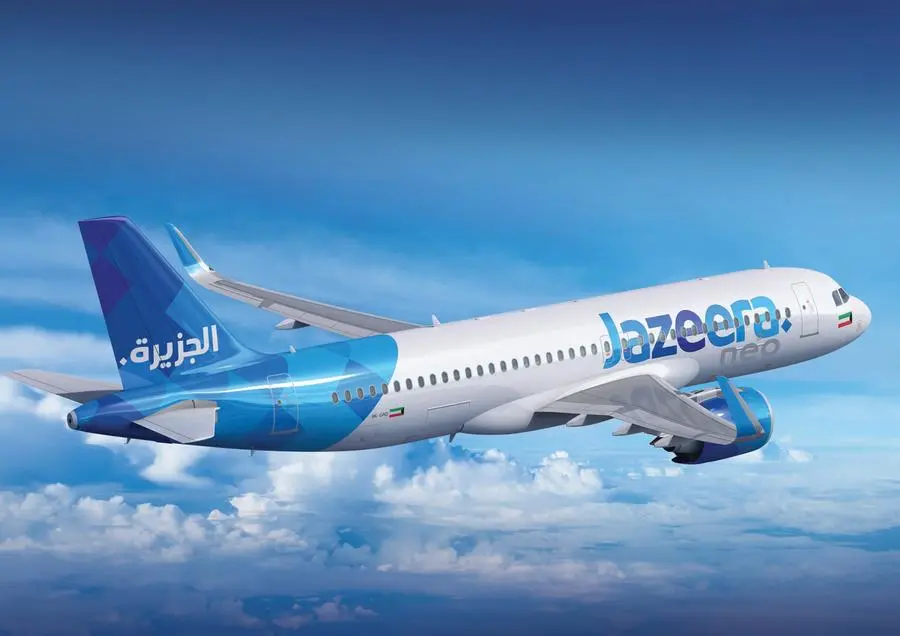

In South Asia, we have three new routes planned in the upcoming months, and for early summer we are looking at starting flights to Belgrade as well as Eastern Europe. We will also be looking at new route points next year in Iran: Tehran, Shiraz and Isfahan. Within the next 12 months, we are looking at around 15 to 20 new routes from Kuwait. We are also looking at virtual interlining options with a number of other airlines in the region and in Europe.
How has the Jazeera Terminal contributed to the group’s revenue statement, and what are your future investment plans in this area?
The Jazeera Terminal complements the business model of the airline very well. It also gives us end-to-end control of the passenger experience. The terminal itself contributes to around 20 percent of the overall group profits. With our route expansion plans in place, our terminal also needs to be [ready] to take in the extra capacity. In another ten days, we will finish a major phase of expansion in our terminal which would up the capacity from 3 million to about 4.5 million passengers.
Do you think budget airlines like Jazeera also have a role to play in sustainability?
The best thing we can do now is invest in green technology. We placed orders for 26 new Airbus NEO narrow-bodied airplanes last year, expected to be delivered in 2026. [NEO] has a 50 percent reduction in carbon emissions, 70 percent NOx emission reduction and an 80 percent reduction in noise pollution. In traditional aviation fuel run models, the NEOs are the most efficient in the market. But more needs to be done, especially in the availability of SAF [sustainable aviation fuel], as it is not widely available now for airlines to use, and this would form an important part of the role airlines are expected to play in sustainability.
(Reporting by Jethu Abraham; editing by Seban Scaria)
